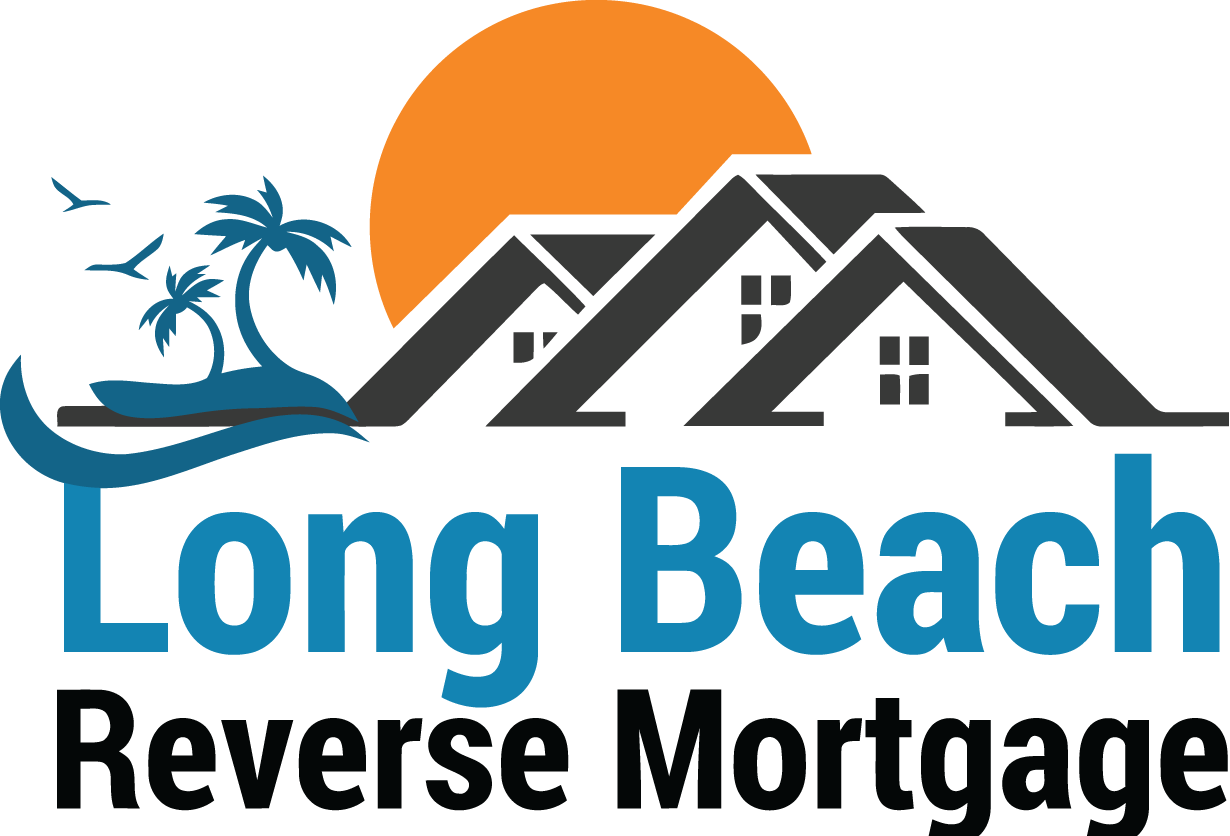We understand that dealing with reverse mortgages can be challenging, especially during a time of loss. At Long Beach Reverse Mortgage, we're here to help guide you through this process with as much clarity and support as possible. Here’s what you, as heirs, need to keep in mind:
1. You Have 30 Days to Decide
When the last borrower passes away, you’ll receive a “Due and Payable” letter from the lender/servicer of the loan. This letter will include a form that you need to fill out within 30 days. You’ll need to decide whether to:
- Pay off the loan with personal funds, a new loan, or a combination of both
- Sell the property at market value or through an approved short sale
- Transfer the property to us through a deed in lieu of foreclosure
If there’s a non-borrowing spouse who continues to meet the loan requirements, they won’t need to adhere to the 30-day rule, but please note they won’t be able to access the remaining line of credit or receive any payments.
2. Extensions Can Help You Avoid Foreclosure Costs
If the loan isn’t resolved within 90 days, the lender/servicer may need to start the foreclosure process. To prevent this and avoid additional costs, it’s best to act quickly if you plan to pay off the loan. If the foreclosure process begins, any legal costs incurred will be added to the loan balance, which will be your responsibility. To give you more time, HUD allows you to apply for up to two 90-day extensions. These extensions are designed to help you sell the property, pay off the loan, and steer clear of foreclosure. Keep in mind, you’ll need to provide certain documentation: if selling, you’ll need proof of your efforts to market the property and its sale price; if paying off, proof of sufficient assets or an approved loan is required.
3. Understanding Authority is Key
While the borrower was alive, they might have assigned a power of attorney to manage their affairs. However, once they’ve passed away, that power of attorney no longer applies. Only the executor of the estate has the authority to handle these matters. If you’re not the executor, this can be challenging, but please understand that we can only provide general information in this case. If a trust is in place, it should clearly outline who has the authority to act on behalf of the estate, who has rights to the assets, and who can take necessary actions.
At Long Beach Reverse Mortgage, we’re committed to making this process as smooth as possible for you. If you have any questions or need assistance, don’t hesitate to reach out. We’re here to help you every step of the way.

